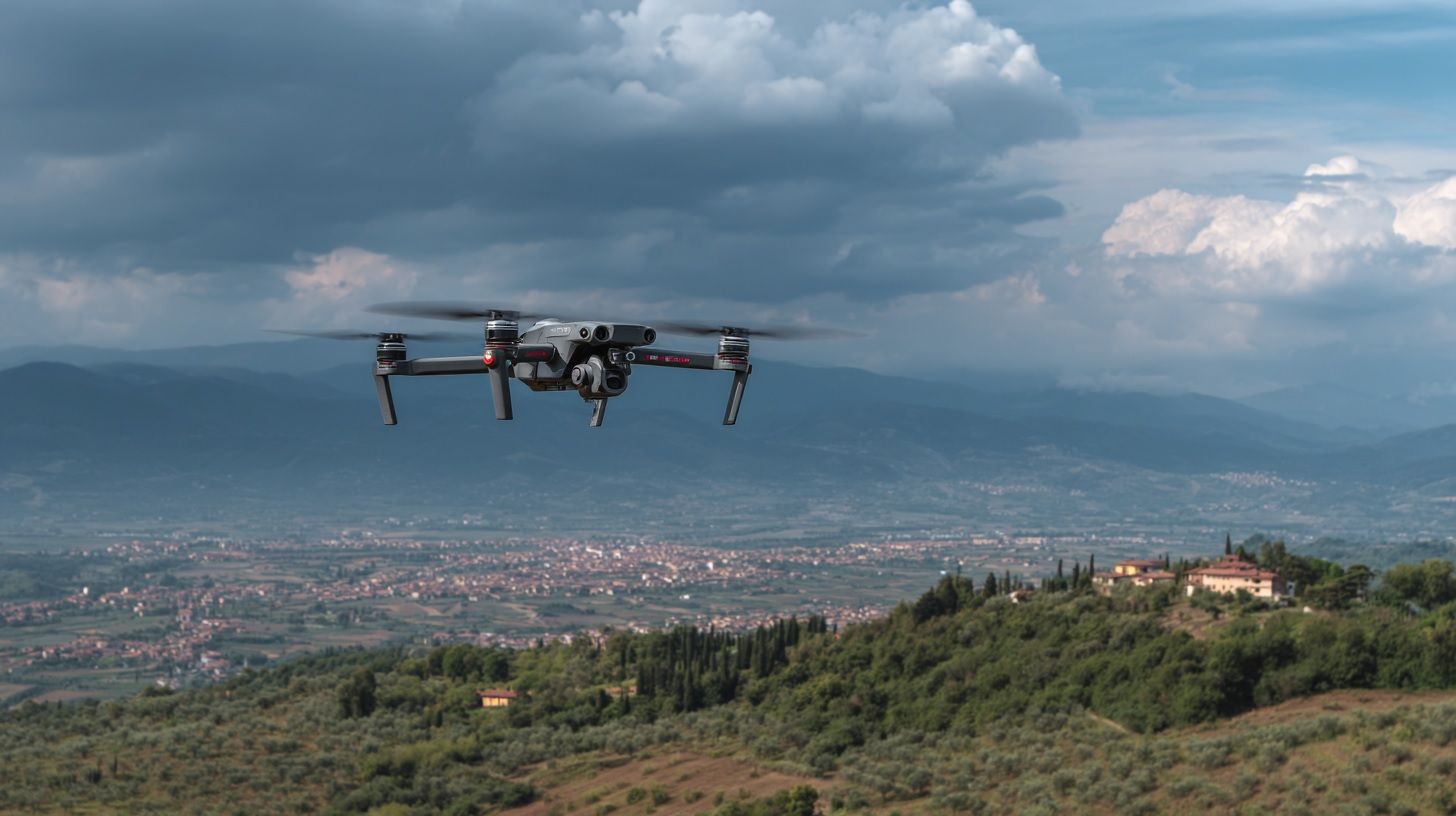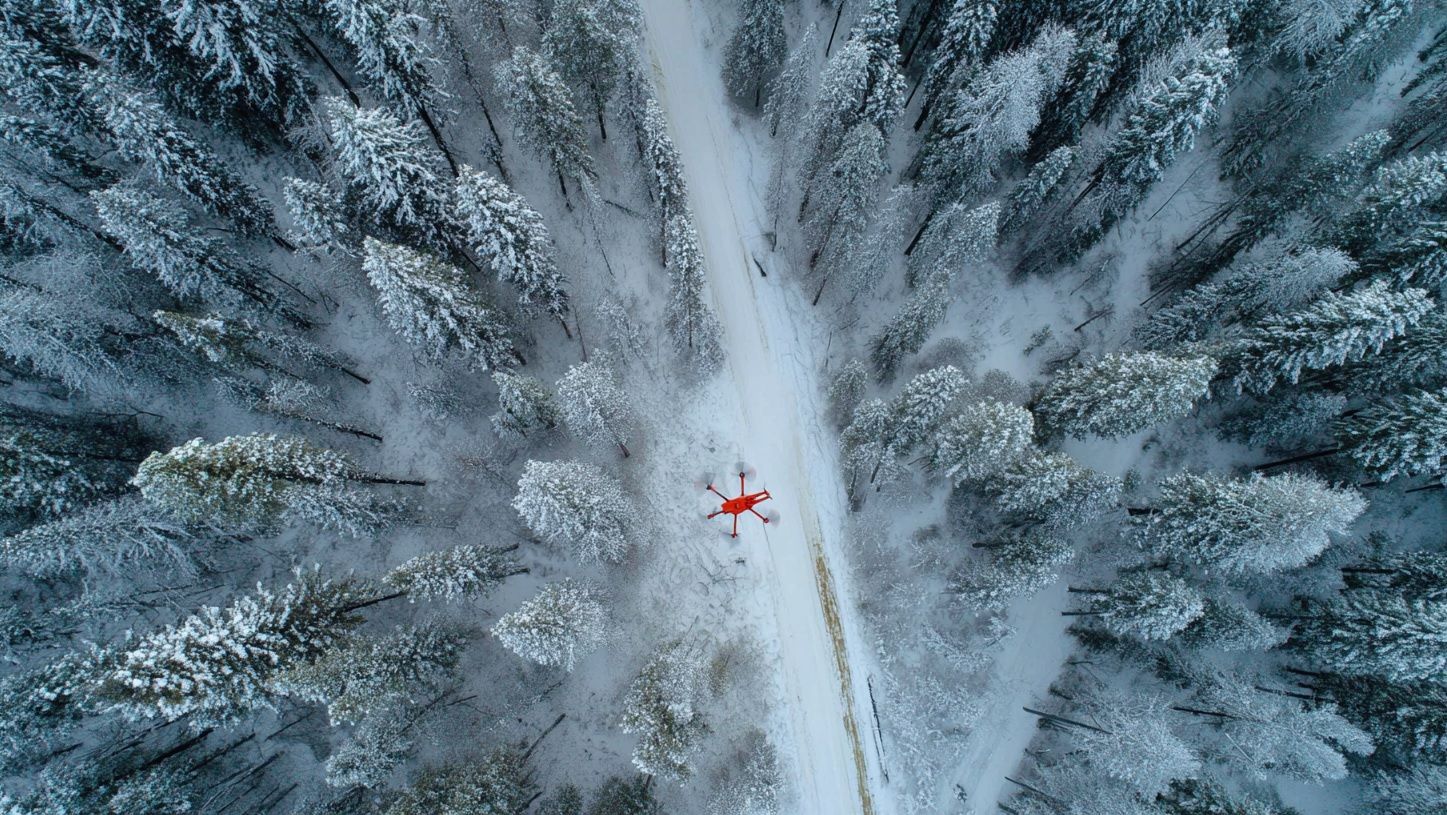
Italy’s 2025 Drone Law Shockers: Weight Classes, No-Fly Zones & Huge Fines You Must Know
Italy implements EU drone rules under EASA Regulation 2019/947, with the transitional regime ending 31 December 2023 and full alignment to Open-category limits in 2024. ENAC is the national regulator for day-to-day drone rules and enforcement, while ENAV’s D-Flight portal handles online registration and interactive flight‑zone maps. Drones in Italy are classified by weight within the Open category into three…


